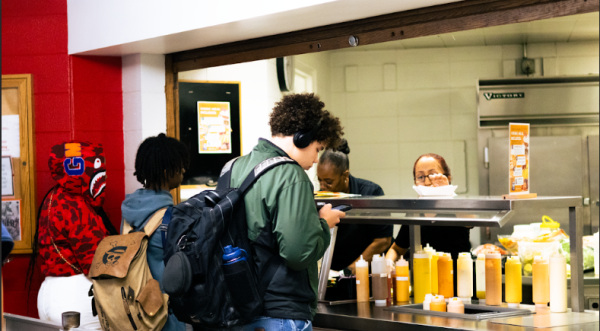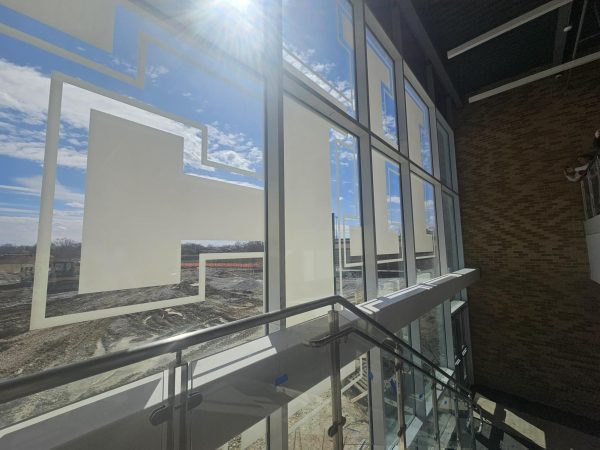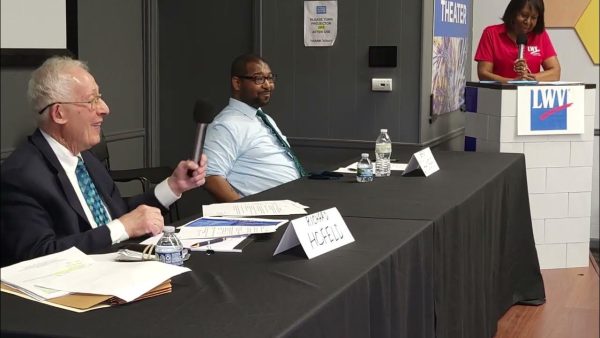Not all teachers start in school
Many of the teachers and staff members here at H-F have gone through career changes, both small and major, that affect how they interact with and educate the student body.
Social worker Philip Barker is an example of one of those staff members who changed careers. He started working on Michigan Avenue as a copywriter.
“It was great in my 20s coming out of college,” Barker said. “It pays you well, but when you’re sitting on your couch Sunday night not wanting to go to work, something has to change.”
He said it was a “chill” environment where they could come into work wearing whatever they wanted because it was supposed to be fun and creative.
To transition to a social worker, he went to graduate school for two years.
Barker says that those two years helped get him back into a schoolhouse mind set.
His change in careers may be more of a stretch than that of some of his coworkers.
Spanish teacher Ashley Mazzola taught at South Elgin High School for three years before applying to a master’s program in Madrid, Spain. During her time there, she worked as a student teacher in a school equivalent to a charter school.
“I was teaching English conversation for three years,” Mazzola said. “I was like an oral instructor, and I just focused on speaking activities.”
She says that living and working in Spain for three years definitely helped her Spanish and allowed her to become a part of the culture.
Mazzola speaks on the difficulties of her venture back into American teaching and how the mind set necessary to teach in the states had slightly begun to fade.
“There’re no lockdown drills in Spain,” she said. “Sadly, we have to be paranoid about certain things; we have to be better prepared because of certain circumstances.”
She said that although it was a more relaxed environment, there was no way she could grow as a professional if she would’ve stayed there.
Unlike the schools Mazzola worked at in Madrid, the teachers here are notorious for basic classroom rules, such as being on time and being respectful.
After graduating college, physical education teacher Ross Howatt entered the US Army as a paratrooper and learned a few rules himself.
“They made me the platoon leader, so I was up after everybody was in bed, and I was up before everybody woke up,” Howatt said. “That was hard, because you’re talking to someone who was right out of college who loved sleep, but it was discipline.”
He said that teaching the students to the best of his ability and teaching them respect is what is most expected of him as a teacher.
“I brought a lot of that self-discipline that I learned here,” he said. “I try to impose a lot of self-discipline in my students, mostly in the form of respect. Respect the instructor, respect each other, and respect themselves.”
The jobs and experiences that teachers and staff had before coming to work here form the foundation and standards for the student population.
They make room for more diverse understanding and education even before entering a classroom.





